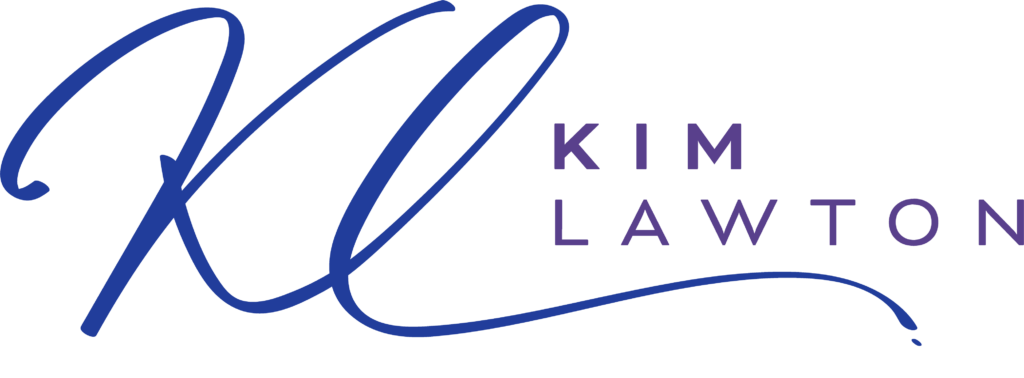A highly regulated industry like marketing can be a challenge to work in. However, effectively promoting your brand in a highly-regulated industry is a different ball game altogether.
With constantly-shifting regulations, privacy concerns that emerge over the use of personal information, and heavy financial penalties for non-compliance, it takes a certain level of expertise to navigate these waters.
The good news is that it isn’t an impossible task. With the proper groundwork, leaders, and experts of regulated industries — such as pharmaceuticals, alcohol, and cannabis, to name a few — have found ways to comply with regulations. And all this while crafting brilliant marketing strategies– without putting their reputations on the line.
Let’s look at some of the factors these experts take into account.
Table of Contents
Tip 1: Familiarize Yourself with Industry Regulations
Tip 2: Engage Legal and Compliance Teams Early On
Tip 3: Develop Clear and Accurate Messaging
Tip 4: Leverage Content Marketing
Tip 5: Utilize Social Media Wisely
Tip 6: Embrace Influencer Marketing with Caution
Tip 7: Stay Up-to-date with Privacy Regulations
Tip 8: Opt for Permission-based Marketing
Tip 9: Attend Industry Events and Networking Opportunities
Tip 10: Continuously Monitor and Adjust Your Marketing Strategy
Tip 1: Familiarize Yourself with Industry Regulations
“Arming yourself with the knowledge of these restrictions and prohibitions is critical for marketing teams to use their time to create creative campaigns.”
A highly regulated Industry requires a fair amount of know-how to be understood properly. The restrictions are subject to constant change, while new mediums of advertising and communication are being included under the scanner every day.
For companies that sell their products internationally, marketers should also understand region-specific regulations.
This could involve reading through several thousand pages of complex legal documents. At the same time, it’s crucial for marketing teams to ensure all promotions are in line with regulations to maintain brand image and avoid hefty fines.
This is why some companies employ a dedicated Compliance Manager, whose job is to ensure that you aren’t unknowingly violating a rule.
Take, for example, regulations within the alcohol industry. In the U.S., restrictions differ depending on the type of alcohol sold and include general prohibitions across the board. When these restrictions are spread out region-wise- and especially with alcohol brands that are sold internationally- they get murkier and more complicated.
Tip 2: Engage Legal and Compliance Teams Early On
Another helpful tip that most companies usually overlook is the importance of involving legal teams in the planning stage of any marketing campaign. Too often, the involvement of legal and compliance teams is left too late. At this point, it requires money and time to rework an entire campaign.
Worse still, if a mistake slips by, the financial penalties can be harsh, and the repercussions on your brand’s reputation can be immense.
The issue is that many marketing teams consider legal teams an obstacle to getting work done on time. However, legal and compliance teams are your best friends in a highly-regulated industry. When their advice is taken in the right spirit and sought in the early stages, it can only benefit marketing teams.
In an article in the Harvard Business Review discussing restrictions in the healthcare industry, a doctor writes about the trouble they faced getting the legal team on board with their idea of videoconferencing with patients. Eventually, after involving the legal team in the early stages and explaining the benefits, they reached a compromise and went ahead with their innovation.
Tip 3: Develop Clear and Accurate Messaging
When developing strategies in a highly regulated industry, a certain amount of responsibility falls on the shoulders of marketing teams.
The restrictions shouldn’t be treated as simple guidelines you are forced to follow- but should also tie in with your organization’s beliefs.
When promoting products with restrictions, such as prescription drugs, it’s natural to avoid making tall claims about their ability to cure all problems. Instead, the focus of your campaign could center around raising awareness for the disease or myth-busting the most common side effects associated with the drug.
Transparency and truthful communication go beyond ensuring that certain rules are followed- but also reflect on your values as a brand.
The use of ambiguous language is another mistake often made by marketing teams. Too many organizations, in their eagerness to promote regulated products, rely on obfuscation to work around the restrictions. While this may help you find a workaround with strict laws, it reflects poorly on your brand.
The best option, in this case, would be to leverage your creativity to devise ways to deliver honest and truthful messaging while still respecting restrictions.
Tip 4: Leverage Content Marketing
Knowledge is meant to be shared. But in a highly-regulated industry, offering direct recommendations without violating the rules isn’t always possible.
So how do you educate customers about your products or services without out right telling them what to do? By positioning your brand as an industry expert.
Content marketing is a powerful tool in this regard.
Blogs, for instance, are a handy tool to write about emerging trends or regulations within your industry that customers should be aware of. By offering valuable insights and sharing knowledge, you are effectively building yourself up as an authority in that field without risking violating any restrictions.
For example, in the world of financial services, you aren’t permitted to directly tell customers which stocks they should be buying or selling. But by offering recommendations on diversifying profiles and listing the benefits of investing early, you’re building upon your credibility as a financial services expert.
Tip 5: Utilize Social Media Wisely
“Only once you’re armed with the knowledge of individual social media platforms and the restrictions they place can you confidently create creative marketing strategies.”
Social media, as we all know, is a powerful marketing tool. But for a highly-regulated industry, it’s also a minefield of rules and restrictions that must be navigated.
Every social media — whether it’s Twitter, Facebook, Tik Tok, or Instagram — comes with a set list of regulations on what is allowed to be shared and disseminated on its platforms. Some platforms, such as Tik Tok or Meta (both Facebook and Instagram), extend these restrictions to individual influencer sponsorships that must be followed when making branded content.
Keeping track of these ever-changing and evolving regulations requires constant reviews and a dedicated team of experts. These restrictions affect all sorts of regulated industries, from alcohol to cannabis, gambling to dating services.
Take alcohol, for instance. According to Forbes, social media platforms do not allow children in advertisements that promote alcohol. So even if there happens to be a child in the background of an image otherwise showing a lovely picnic out in the park, it could risk your organization having its ad removed or, worse, paying heavy fines.
These rules aren’t just laid down for individual organizations but also apply to user-generated content. An organization must thus monitor all forms of content being shared on these platforms related to its brand.
Tip 6: Embrace Influencer Marketing with Caution
Influencers are the pillar of social media marketing. They have sizable dedicated fan followings and can increase your brand’s popularity with a single post.
Again, in a regulated industry, relying on influencers can be tricky. Choosing the right influencer to represent your company, especially when there are several restrictions to follow and keep track of, is key.
Take, for example, the gambling industry. Each state and region have its own rules and regulations regarding gambling promotion. Picking an influencer known to have several underage followers can have devastating consequences on your brand’s reputation. At the same time, it’s essential to consult with influencers constantly — let them know the limits your industry faces, so they don’t go rogue and put up promotional material that could have you on the authorities’ radar.
Influencers across spectrums command fan followings for different reasons. For instance, an influencer who made it big promoting video games may not understand the intricacies of pharmaceutical law. By ensuring influencers adhere to disclosure guidelines, you can go a long way in ensuring you don’t fall afoul of regulations.
Certain regulations and guidelines also prohibit brands from sending their products to influencers to try and recommend them to their followers. In this case, it’s essential for marketing teams to consider alternative messaging that delivers their message while at the same time not encouraging people who don’t need the product to use it.
This is especially harmful in the case of pharmaceuticals, for example. Asking influencers to promote your latest wonder drug and its benefits when they have no use for it themselves could harm your brand’s reputation.
At the same time, promoting such products to underage social media users, who may not appreciate the seriousness of it, or asking influencers who don’t fully understand its use cases, could have some seriously negative consequences and lead to hefty fines.
For this reason, regulated industries need to approach influencer marketing cautiously and use a certain amount of creativity to get a message across without directly promoting certain products to audiences that don’t require them.
Tip 7: Stay Up-to-Date with Privacy Regulations
Any organization in a highly regulated industry must build trust with its customers. Without this trust, customers will not feel comfortable sharing their private data with you, especially when what you sell is already under high scrutiny.
Understanding Data Privacy Laws is vital to finding the right balance.
In California, for example, consumer data is protected under the CCPA or the California Consumer Privacy Act.
In Europe, laws such as the GDPR or the General Data Protection Regulation provide EU citizens increased transparency over how businesses collect their data.
While the GDPR is a European law, it is also relevant to companies that operate in the U.S.— if you have a website that sees visitors from the EU, you fall under the scope of these regulations.
This is just one small example of how complex data protection laws can be. Only once you understand all these regulations and the associated caveats can you inspire hope in your customers and make them feel comfortable sharing their data.
When you implement compliant data collection and storage practices, you’re allowing customers to control how their information is being handled- and giving them the right to consent and revoke consent to use their data at all times.
Once these mechanisms are put in place, this information can be used for digital marketing purposes without attracting the attention of the regulatory body.
Tip 8: Opt for Permission-based Marketing
For those who might not be aware, permission-based marketing is when a user’s permission is sought before a company sends them promotional messages.
This means you can only send promotional messages to customers who have already consented to receive your emails or registered their phone numbers with you.
For a highly regulated industry, it’s an essential factor to consider — as building trust with customers is the cornerstone of a marketing strategy. Obtaining user consent is necessary for building trust, as is adhering to anti-spam regulations.
At the same time, permission-based marketing allows highly-regulated industries to find their target audience, as it only connects them to potential customers who have already shown some interest in the brand or the services on offer.
In the pharma industry, for instance, permission-based marketing can inform healthcare professionals about the availability of new products, bring awareness to a disease, or support patients in overcoming challenges.
For an industry that’s known to, in the past, push their products through medical professionals without offering unbiased reasons why, permission marketing can go a long way in marketing compliance and boosting a company’s credibility.
Tip 9: Attend Industry Events and Networking Opportunities
One of the best ways to ensure that your marketing campaign doesn’t run afoul of the various restrictions and regulations placed by the governing bodies is simply reaching out to other professionals within your industry.
This is where networking comes in.
Gaining insights and guidance from your peers could give your company a better idea of the latest regulations or tips on navigating these murky waters. It allows you to stay informed about best practices and opens your eyes to emerging trends.
Tip 10: Continuously Monitor and Adjust Your Marketing Strategy
Once all relevant parties within an organization have approved a strategy, it shouldn’t be forgotten completely.
As compliance rules and regulations are constantly shifting, regularly reviewing marketing campaigns is a necessity that most organizations ignore. When looking to adjust a marketing strategy for the future — either to adapt to regulatory changes or industry developments — there’s no better place to start than in the past.
Conclusion
Highly-regulated industries don’t have the luxury that other organizations do in terms of creating marketing campaigns. Every strategy is a battle to balance creativity with shifting rules and regulations that differ depending on geography or type of industry.
As we’ve seen, it can be challenging to promote products while under the constant scanner of regulatory bodies. But at the same time, it is far from impossible.
So, if your organization falls within the parameters of a highly-regulated industry, it’s time to embrace the challenge head-on. With some creativity and the proper knowledge, nothing is stopping you from achieving success.





